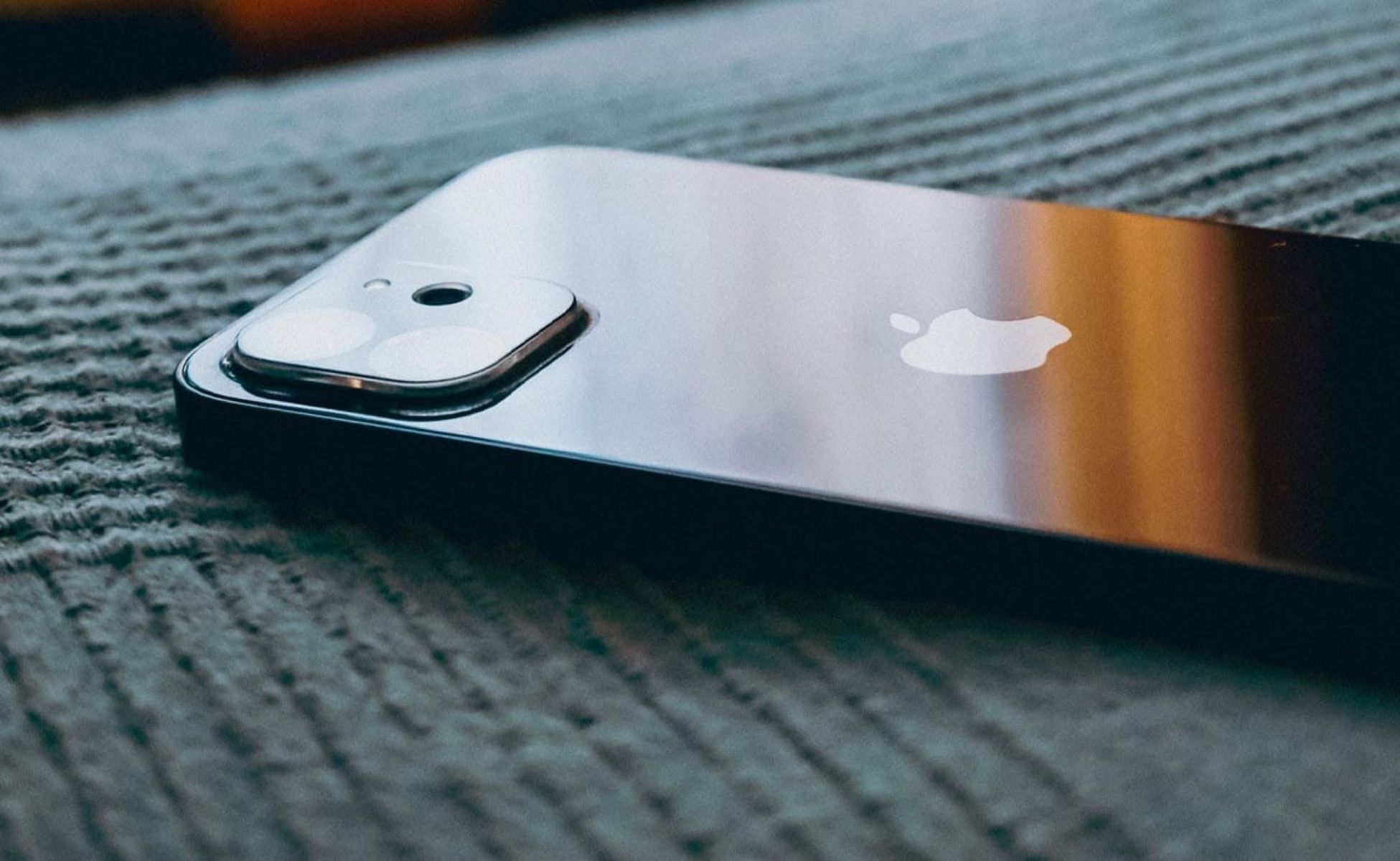China has recently made a significant move by prohibiting central government officials from using iPhones for work purposes. This action is part of the country’s plan to limit foreign influence, particularly in light of the deteriorating relationship between China and the United States.
Key Takeaway
China has barred central government officials from using iPhones at work as part of its strategy to limit foreign influence and strengthen national security. This move could have a negative impact on Apple’s standing in its second-largest market. China is also urging its employees to avoid using devices from foreign manufacturers. It remains uncertain whether this is a widespread internal order. China and the U.S. have been engaged in a technology competition, with both countries working to reduce their dependence on the other. China’s move to ban iPhones for government officials reflects its ongoing efforts to reduce reliance on foreign technology. Apple’s relationship with China has been complicated, primarily due to censorship issues surrounding the App Store. The company’s heavy reliance on Greater China for manufacturing and sales makes this ban a notable development for Apple’s business. It remains to be seen how Apple will navigate this situation and address China’s decision.
The Wall Street Journal was the first to report this development, which is likely to negatively impact Apple’s public perception in its second-largest market. The report also stated that the Chinese government is requesting its employees to refrain from bringing devices manufactured by foreign companies into the workplace.
Strengthening National Security and Reducing Dependence on Foreign Technology
China’s decision to bar government officials from using iPhones comes as a result of its aim to enhance national security and reduce the reliance on external technology. As per the report, certain government staff have been instructed to discontinue the use of iPhones during chat groups and meetings. It is, however, unclear whether the government has issued a widespread internal order.
This move reflects the ongoing competition between China and the U.S. to reduce their technological dependence on each other. The U.S. has previously taken actions against Chinese tech giants, such as Huawei and ZTE, by imposing bans. In addition, several government agencies in the U.S. have prohibited their employees from using TikTok on work devices due to security concerns regarding data sharing with China.
China’s Restriction on Foreign Tech Companies
This is not the first instance of China restricting the usage of foreign technology within its borders. In 2021, several Chinese government agencies banned Tesla vehicles from their premises. As a response, Tesla issued a statement assuring its users that its anti-theft “sentry mode” adheres to China’s cybersecurity regulations and stores data onshore.
Furthermore, China has been actively replacing computer software utilized by government agencies and state-owned enterprises with local alternatives. This initiative has led to a small boom in the software-as-a-service (SaaS) industry.
Apple’s Reliance on Greater China
Apple heavily relies on Greater China for both manufacturing and sales. According to the company’s Q3 2023 report, this region, which includes Hong Kong, Macau, and Taiwan, contributed to nearly 19% of revenue in the three months ending in July.
According to an investor note from UBS, Apple shipped 3.1 million units in China in July, a slight 2% decrease compared to the previous year. The note also stated that China accounted for 23% of iPhone sales units in the past 12 months.
Strained Relationship between Apple and China
The relationship between Apple and China has always been complex, primarily due to censorship issues concerning the App Store. Like many Western tech firms, Apple faces a challenging balancing act between Western politicians advocating for freedom of expression and Beijing’s demand to remove politically sensitive content.
For instance, Apple garnered attention last year when it restricted the usage of AirDrop’s “Everyone” settings to just 10 minutes in China. Although the update was eventually rolled out globally, critics linked this change to Apple succumbing to pressure from Beijing, as the feature had been utilized by Chinese protestors to bypass censorship measures.
As of now, Apple has not released an official statement regarding this recent ban on iPhones for Chinese government officials.

























